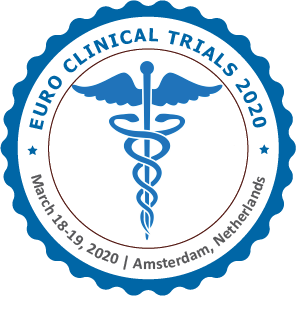
Vesna Popovska
Research Director, Canada
Title: Ethical challenges in pediatric neurology clinical trials
Biography
Biography: Vesna Popovska
Abstract
During the last decade, number of clinical trials have been offered to pediatric patients with neurological disorders.
Dravet syndrome (DS) or severe myoclonic epilepsy in infancy is one of the most well-known disorders of the epileptic encephalopathies. DS is a highly treatment-resistant and refractory epilepsy syndrome. Establishment of a seizure free condition in affected children, even with anticonvulsant drug polypharmacy, is extremely rare.
Duchenne muscular dystrophy (DMD) is a disabling and life-threatening X-linked genetic disorder affecting males. Boys with DMD develop progressive proximal muscle weakness that leads to deterioration of ambulation, wheelchair dependency, and eventual respiratory and cardiac failure.
Spinal Muscular Atrophy (SMA) is an autosomal recessive neuromuscular disease resulting in atrophy of the voluntary muscles of the limbs and trunk. It is the most common genetic cause of infant mortality, and a major cause of childhood morbidity in the U.S.
Clinical trials in pediatric neurology rare diseases are testing new investigational drugs (IDs). There is still an ethical dilemma if the new treatment will be better than the standard of care. There are number of unknown risks. Patient’s enrollment can be very challenging. The commitment from the families is huge. Most of the clinical trials start with the double-blind, placebo controlled design. Families have to agree on the possibility for their child to be randomized in the placebo arm. Those clinical trials might have very frequent study visits which might cause financial burden. Lot of work needs to be done to address the ethical challenges.

